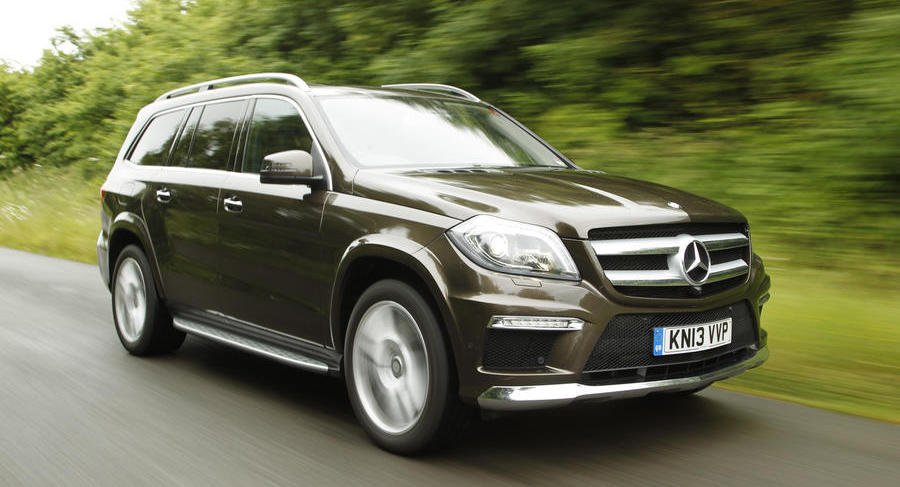Mercedes-Benz recalls one million SUV models over braking fault

Nearly one million Mercedes-Benz ML, Mercedes-Benz GL and Mercedes-Benz R-Class cars are being recalled worldwide after a potential brake system fault was identified.
The 993,407 cars affected were built between 2004 and 2015. Although Mercedes hasn't said how many are in the UK, the BBC has stated that some 70,000 are in Germany and a notice issued by the National Highway Traffic Safety Administration said nearly 300,000 are in the US.
The issue concerns the mounting point for the brake booster, a crucial element in the braking system, which could fail due to corrosion and thereby impair the driver's ability to stop the car.
It's not clear if this issue has caused any crashes so far, but Mercedes said it issued the recall following "analysis of isolated reports for certain vehicles".
In a statement sent to Autocar, the company said: "Mercedes-Benz AG has determined that on certain vehicles of the ML, GL, and R-Class series from the production period 2004 - 2015, the function of the brake booster might be affected by advanced corrosion in the joint area of the housing."
A further statement seen by the BBC said: "It might be possible for a particularly strong or hard braking manoeuvre to cause mechanical damage to the brake booster. In such a very rare case, it would not be possible to decelerate the vehicle via the service brake. Thus the risk of a crash or injury would be increased."
Mercedes asked its customers "not to drive their vehicles" until they have been inspected.
The company has started inspecting the affected cars immediately and said it will replace any necessary components.
Autocar has approached Mercedes UK for further details.
This latest recall comes just over a year after Mercedes recalled more than one million cars in the US due to a fault with their eCall emergency response systems.
It was found the system could send an incorrect location to emergency responders after an accident, potentially delaying ambulance response times.
Related News
